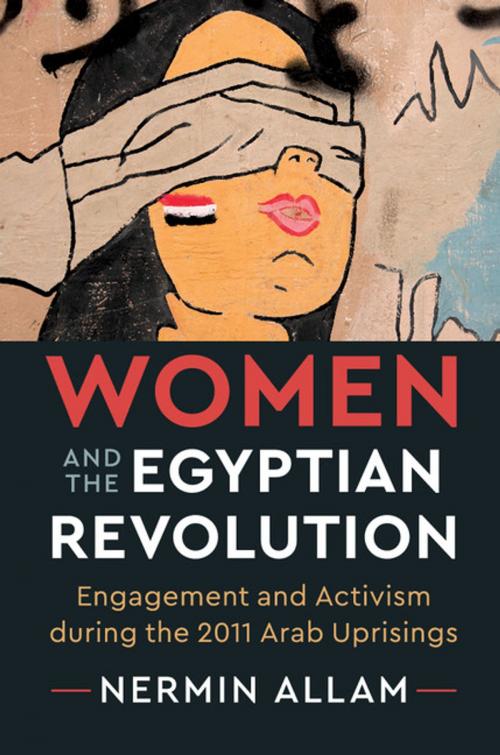Women and the Egyptian Revolution
Engagement and Activism during the 2011 Arab Uprisings
Nonfiction, Social & Cultural Studies, Political Science, International, Social Science| Author: | Nermin Allam | ISBN: | 9781108386395 |
| Publisher: | Cambridge University Press | Publication: | December 14, 2017 |
| Imprint: | Cambridge University Press | Language: | English |
| Author: | Nermin Allam |
| ISBN: | 9781108386395 |
| Publisher: | Cambridge University Press |
| Publication: | December 14, 2017 |
| Imprint: | Cambridge University Press |
| Language: | English |
Since the fall of the former Egyptian president Hosni Mubarak, female activists have faced the problem of how to transform the spirit of the uprising into long-lasting reform of the political and social landscape. In Women and the Egyptian Revolution, Nermin Allam tells the story of the 2011 uprising from the perspective of the women who participated, based on extensive interviews with female protestors and activists. The book offers an oral history of women's engagement in this important historical juncture; it situates women's experience within the socio-economic flows, political trajectories, and historical contours of Egypt. Allam develops a critical vocabulary that captures women's activism and agency by looking both backwards to Egypt's gender history and forwards to the outcomes and future possibilities for women's rights. An important contribution to the under-researched topic of women's engagement in political struggles in the Middle East and North Africa, this book will have a wide-ranging impact on its field and beyond.
Since the fall of the former Egyptian president Hosni Mubarak, female activists have faced the problem of how to transform the spirit of the uprising into long-lasting reform of the political and social landscape. In Women and the Egyptian Revolution, Nermin Allam tells the story of the 2011 uprising from the perspective of the women who participated, based on extensive interviews with female protestors and activists. The book offers an oral history of women's engagement in this important historical juncture; it situates women's experience within the socio-economic flows, political trajectories, and historical contours of Egypt. Allam develops a critical vocabulary that captures women's activism and agency by looking both backwards to Egypt's gender history and forwards to the outcomes and future possibilities for women's rights. An important contribution to the under-researched topic of women's engagement in political struggles in the Middle East and North Africa, this book will have a wide-ranging impact on its field and beyond.















